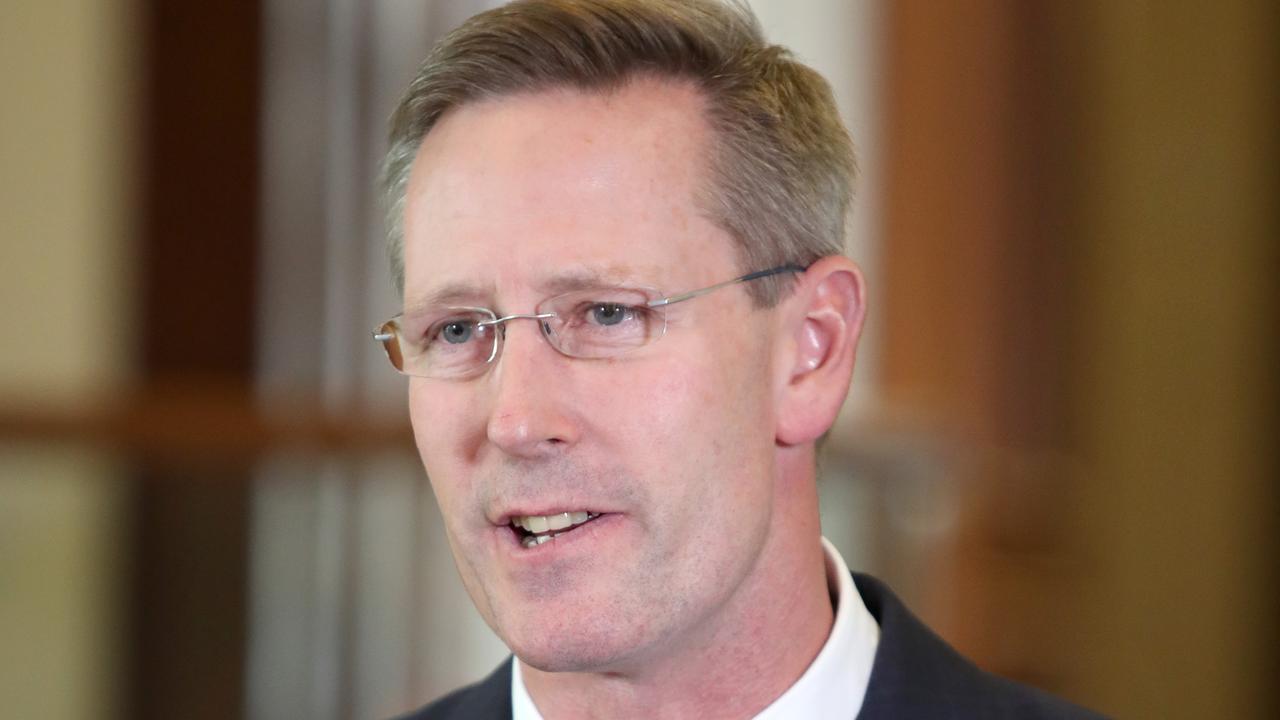Labor outlines its energy policy: batteries to subsidise solar power storage for households
High power prices are a crushing Aussies. Now, the man who wants to be our next PM has a plan to cut power prices by 60 per cent.
Labor wants Australian suburbs to run on batteries through a plan to subsidise solar power storage for thousands of households.
And it believes the plan could cut electricity bills by 60 per cent.
The battery rebate of $2000, which Labor would first offer to 100,000 households, is a prominent element of the energy policy Labor leader Bill Shorten will take to the next election.

The scheme, to be outlined by Mr Shorten today, is calculated to cost $215.9 million over four years and Labor wants a million battery powered residences by 2025.
Mr Shorten will also indicate he remains prepared to discuss revival of the National Energy Guarantee, the proposal which disappeared with the removal of Malcolm Turnbull as prime minister.
It was intended to lower prices and give industry stability and certainty on power generation.
Mr Shorten will argue the nation is in an energy crisis under the Coalition with prices rising by close to 19 per cent over the past three years – three times faster than wages growth.
“The Liberals haven’t been able to agree a policy amongst themselves, and aren’t up to leading the country in the right direction,” he will say today.
But he won’t be relying on the NEG.

He will tell voters Labor’s Plan for More Renewables and Cheaper Power will help households and industry cut costs, and protect the environment.
Mr Shorten will reaffirm a Labor government would deliver 50 per cent of power from renewables by 2030, “keeping power prices lower, and creating thousands of jobs in the renewables industry”.
And the plan to hook up homes to their own batteries - which could see solar electricity generated from rooftop panels during the day available at night - will drive Labor hopes to cut power bills.
The $2000 rebate for purchase and installation of the batteries starting 2020 would be means tested to those earning under $180,000 a year, with a separate scheme to help renters.

Labor calculates the scheme would triple the number of battery systems in Australian households compared to current numbers.
It will argue “the massive boost” will also help manufacturers scale up production and reduce their costs, in order reach the goal of one million households with battery systems by 2025.
Mr Shorten will quote the Smart Energy Council estimate that new household solar and batteries would allow most homes to save more than 60 per cent off their power bills.



